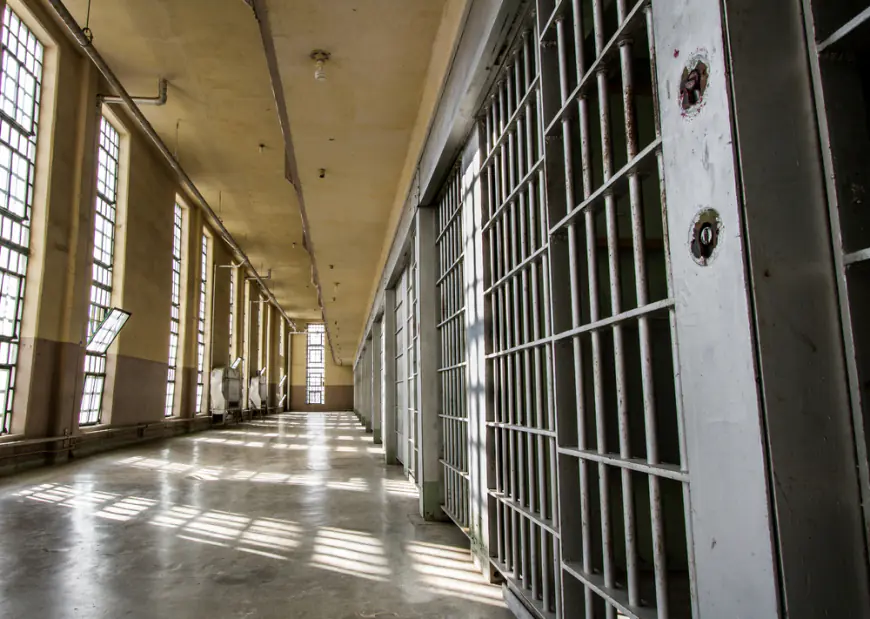With a Clean Slate, a life can change
After I returned home from prison for what was my second, and last time, it would be quite some time before I could find a fairly decent job that would hire someone with a criminal record.

After I returned home from prison for what was my second, and last time, it would be quite some time before I could find a fairly decent job that would hire someone with a criminal record.
It was 2008, and after six months the only “sure thing” option available to me was a welfare-to-work job. In exchange for public assistance, I worked for less than minimum wage cleaning toilets four to five days a week. I brought home $520 total a month, including $240 a month in food stamps, $65 every two weeks in cash, and a MetroCard.
Only the fear of ending up back in prison and knowing that it might kill my aging mother if I did go back, kept me focused.
If we’d had the Clean Slate Act back then, I would have had options for employment instead of relying on a sub-minimum wage job that kept me in poverty. Signed into law by Gov. Hochul in November 2023, the Clean Slate Act is a groundbreaking piece of legislation that officially went into effect two weeks ago, on Nov. 16.
The law removes barriers to employment, housing, and education that formerly incarcerated people like myself face, including by sealing or expunging eligible criminal records after a specified period of time with a clean record since conviction.
While in the welfare-to-work program, I interviewed for countless jobs hoping for a livable income. I remember being excited on one occasion after a job interview. But, after the potential employer conducted a background check, I never heard back from them again. I can only imagine it was my criminal record that stopped me from attaining a job for which I was so well qualified.
Finding employment is one of the most urgent challenges faced by those formerly incarcerated. Under the Clean Slate Act, potential employers will no longer have access to these records when conducting background checks. The Clean Slate Act also aims to reduce discrimination during the hiring process by sending a clear message to employers that they should assess applicants based on their qualifications, skills, and potential as employees, rather than solely on their past convictions.
There were few economic opportunities in the South Bronx, where I was born and raised. I started selling drugs for the first time when I was 16, and I was imprisoned for the first time when I was 26, which, because of the path I chose, felt like a rite of passage.
Indeed, national statistics show that Black men like me are more likely to be detained by the police and more likely to face harsher prison sentences than whites, and, although we make up only 13% of the male population, we’re 35% of the prison population.
Being incarcerated is traumatizing every single day, and nothing was worse than missing so much of my son’s childhood. But the trauma of incarceration doesn’t end when you’re released from prison.
There were times initially when I had to lower my expectations to maintain my sanity as the years passed without any meaningful opportunities for employment, self-improvement, or social progress. The journey to redemption for a formerly incarcerated person in New York is littered with unnecessary and confidence-shattering obstacles.
Yet, that is set to change with the Clean Slate Act, which will not only benefit those of us with criminal records but society as a whole. When formerly incarcerated people can support themselves and their families, they become less reliant on government assistance programs and become tax-paying citizens. It also means that society can benefit from the expertise, skills, and experience of those of us who were locked out of the workforce.
I’m thankful that I’ve found work in the criminal legal reform movement with LatinoJustice, where I can use my experience to fight for the respect that those of us who have paid our debt to society deserve, not to mention the fight for justice that’s needed.
Winning the Clean Slate Act is one step among many that we must take to transform unjust systems of policing and incarceration.
The next step is ensuring the effective implementation of the Clean Slate Act. By establishing transparent procedures for record sealing, enhancing outreach and education, fostering collaboration among stakeholders, and implementing rigorous monitoring, we can ensure that the Act’s goals are achieved.
The Clean Slate Act’s success is not just about justice; it’s about creating inclusive communities where formerly incarcerated people can thrive. Getting it right is imperative.
Willis is a justice advocate coordinator at LatinoJustice PRLDEF.
What's Your Reaction?









































































































